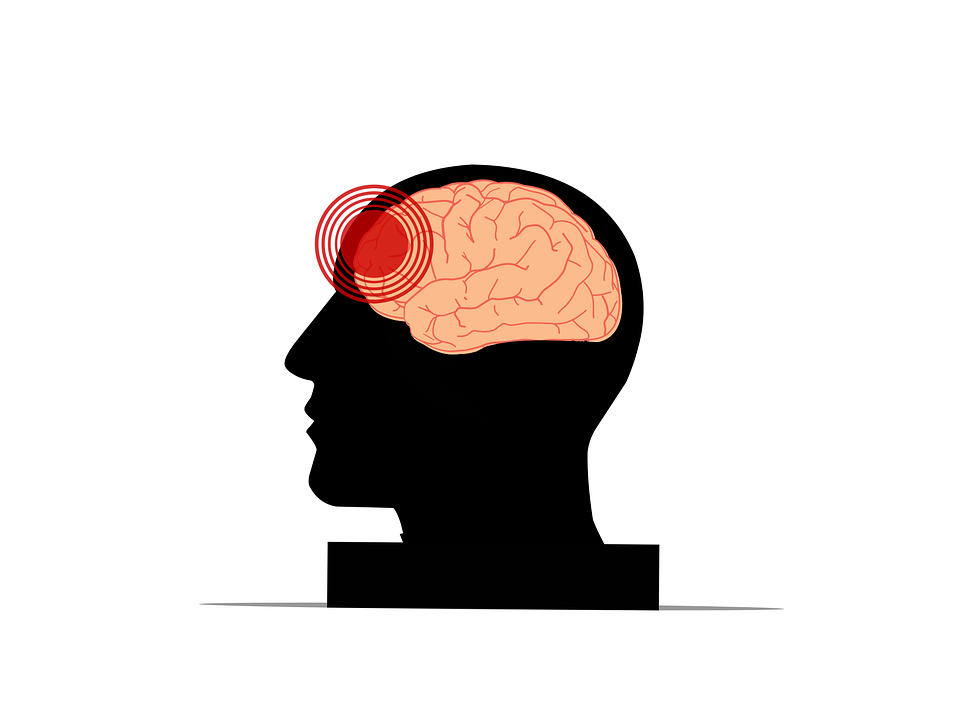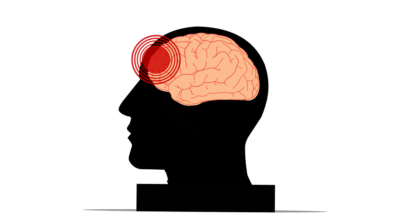
The Dire challenge of overthinking everything: Strategies to minimize the impact on your mental health when dealing with obsessive and rapid thoughts.
Overthinking, also known as rumination or obsessive thought, involves repeatedly dwelling on past events or excessively worrying about future possibilities, often leading to mental exhaustion and anxiety. This pattern can be highly disruptive to mental health and is linked to various issues, including stress, depression, and insomnia. Addressing the challenge of overthinking and learning strategies to manage rapid thoughts is crucial for maintaining emotional well-being and mental clarity.
Understanding the Impact of Overthinking on Mental Health
Overthinking can have a significant impact on mental health, often resulting in the following issues:
- Anxiety and Stress: Overthinking causes constant worry, often leading to increased anxiety and a heightened sense of stress. People who overthink are more likely to anticipate worst-case scenarios, which can create a constant state of tension.
- Depression: Persistent rumination is strongly associated with depression, as individuals continuously replay negative experiences or worry excessively about potential outcomes. This cycle can reinforce negative emotions, worsening feelings of helplessness and sadness.
- Sleep Disturbances: Overthinkers often struggle to relax their minds, making it difficult to fall asleep or stay asleep. Poor sleep further exacerbates stress and anxiety, creating a vicious cycle that’s hard to break.
- Decision-Making Paralysis: People who overthink may become overwhelmed by the decision-making process, analyzing all possible options and outcomes to the point where making a choice feels impossible. This can lead to missed opportunities and increased frustration.
- Physical Health Issues: Chronic overthinking is associated with physical symptoms such as headaches, muscle tension, fatigue, and digestive issues. This is because constant worry activates the body’s stress response, which can lead to longer-term health problems.
Why Do People Overthink?
Understanding the root causes of overthinking can help in identifying strategies to address it. Some common triggers and contributing factors include:
- Fear of Failure: Overthinkers often fear making mistakes or not achieving their goals, leading them to scrutinize every possible outcome.
- Perfectionism: People who have high standards for themselves may overanalyze their actions to ensure everything is done “perfectly.”
- Negative Self-Talk: Low self-esteem and negative thoughts about oneself can lead to a cycle of self-criticism and overthinking.
- Trauma or Past Experiences: Negative past experiences can lead individuals to replay situations in their minds, attempting to understand or find closure.
- Uncertainty and Lack of Control: Overthinkers often feel a need to control situations or outcomes, leading them to obsess over details and scenarios.
Strategies to Minimize the Impact of Overthinking on Mental Health
Fortunately, there are several effective strategies for managing overthinking and minimizing its impact on mental health:
1. Practice Mindfulness
Mindfulness is the practice of staying present and aware of the current moment. It helps to break the cycle of overthinking by redirecting attention away from worries about the past or future. Techniques include:
- Breathing Exercises: Focusing on deep, slow breathing can calm the nervous system and create a sense of grounding.
- Body Scanning: Paying attention to physical sensations can help individuals stay connected to the present moment.
- Mindful Meditation: Engaging in meditation for even a few minutes daily can reduce overthinking by training the mind to focus on the present.
2. Set Time Limits for Decision-Making
One way to curb overthinking is by setting a time limit for making decisions. This can prevent excessive analysis and help people take action without second-guessing themselves.
- 5-Minute Rule: For small decisions, allow yourself only five minutes to make a choice.
- Deadlines for Larger Decisions: For more complex decisions, set a reasonable deadline to limit the time spent analyzing options.
3. Challenge Negative Thoughts
Negative thoughts fuel overthinking, so learning to challenge and reframe them can be helpful. Techniques include:
- Cognitive Behavioral Techniques (CBT): CBT encourages individuals to identify irrational thoughts and replace them with realistic, positive alternatives.
- Positive Affirmations: Repeating positive affirmations can help shift attention away from negative thoughts.
- Evidence Gathering: When a negative thought arises, look for evidence to support or disprove it. This can often reveal that the thought is unfounded or exaggerated.
4. Engage in Physical Activity
Physical activity can reduce overthinking by promoting the release of endorphins, which improve mood and relieve stress. Activities that require focus and coordination, such as yoga or dancing, can be especially effective.
5. Practice Journaling
Writing down thoughts and concerns can be a cathartic way to release them from the mind. Journaling helps to:
- Organize Thoughts: Putting thoughts on paper can make them feel more manageable and less overwhelming.
- Identify Patterns: Regular journaling can reveal recurring thought patterns, making it easier to address and interrupt them.
- Set Goals and Reflect: Use journaling to set achievable goals and reflect on progress, which can help reduce worry and create a sense of accomplishment.
6. Develop a Structured Routine
A structured daily routine can reduce overthinking by providing a sense of order and predictability. It allows individuals to focus on productive tasks rather than getting lost in a cycle of worry.
- Prioritize Tasks: Use a to-do list or planner to outline priorities and deadlines.
- Schedule Breaks: Incorporate regular breaks throughout the day to reset and clear the mind.
- Limit Screen Time: Reducing time spent on social media or news outlets can decrease exposure to stressors that trigger overthinking.
7. Practice Self-Compassion
Self-compassion involves treating oneself with kindness and understanding, especially during challenging times. This can help to minimize self-criticism, which often leads to overthinking.
- Acknowledge Your Efforts: Recognize that perfection isn’t necessary and that everyone makes mistakes.
- Use Gentle Language: Replace harsh self-talk with encouraging and understanding words.
- Forgive Yourself: Let go of past mistakes and remind yourself that personal growth is a continuous journey.
8. Focus on Solutions Instead of Problems
Overthinking often involves fixating on problems without considering solutions. Shifting focus to actionable solutions can empower individuals to take control and reduce worry.
- Action Plan: For each concern, list possible solutions and actionable steps.
- Set Small Goals: Break larger challenges into smaller, manageable tasks.
- Reward Progress: Celebrate small victories along the way to reinforce a positive mindset.
9. Seek Professional Help
If overthinking is significantly affecting mental health and daily functioning, it may be beneficial to seek help from a mental health professional. Therapies such as Cognitive Behavioral Therapy (CBT) and mindfulness-based therapy have proven effective in managing excessive thoughts.
Overthinking is a common issue for the many humans out there but it doesn’t have to control your life. By incorporating mindfulness, physical activity, structured routines, and self-compassion into daily practices, individuals can minimize the impact of overthinking and improve overall mental health. Remember, managing overthinking is a process, and each small step can contribute to a healthier, more balanced mindset.

dr.dan
Related Posts
The Dire challenge of overthinking everything: Strategies to minimize the impact on your mental health when dealing with obsessive and rapid thoughts.
Overthinking, also known as rumination or obsessive thought, involves repeatedly...
The hidden trauma of grievance. Why others can’t really understand your pain
Grief is a deeply personal experience that varies among individuals due to...
Complexities of S.A.D (Seasonal Affective Disorders): Coping with mood disorders related to winters and cold temperatures. Effective Strategies that can work during these long winter months to alleviate these moods.
Seasonal Affective Disorder (SAD) is a type of mood disorder that recurs...
The many ugly outcome of generational trauma: Effective strategies on how to reclaim full control of your thoughts after dealing with any sorts of trauma. Secrets revealed.
Generational trauma, also referred to as intergenerational or transgenerational...




